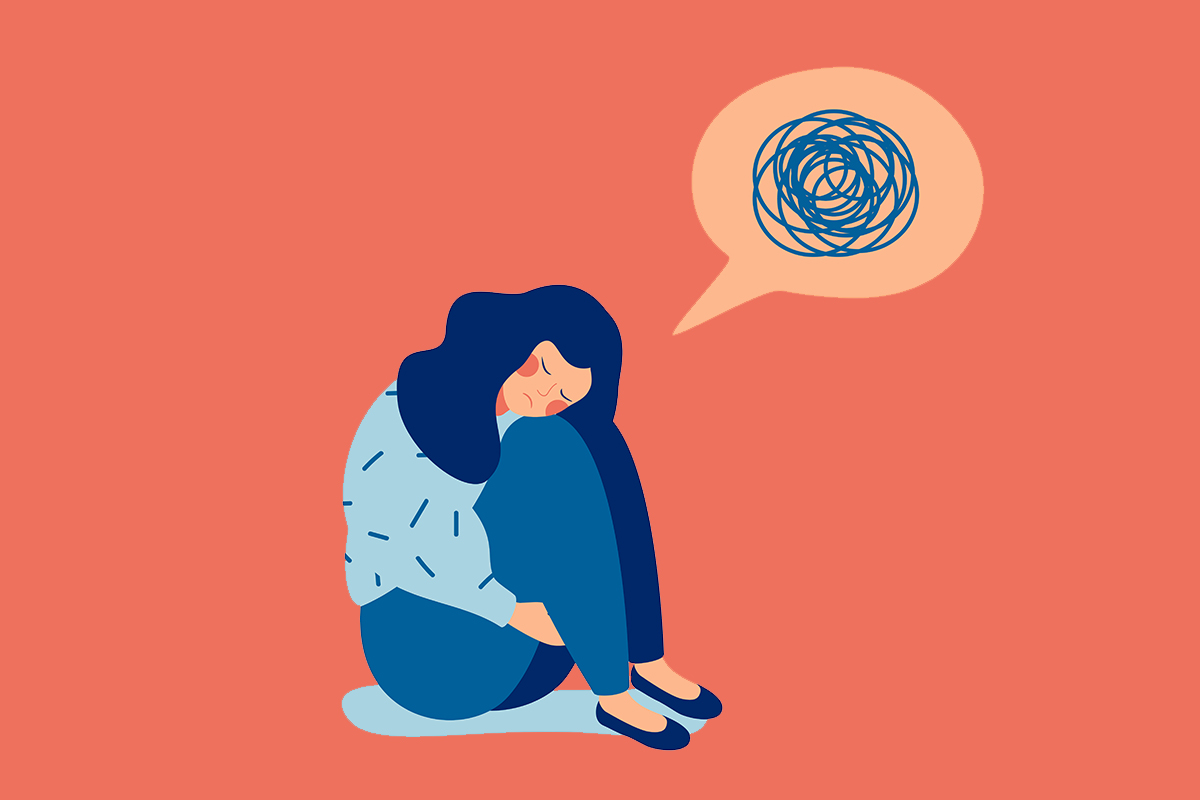It was the beginning of my freshman year of college, and I was at a social justice-themed orientation. After introducing myself, I mentioned that one of my parents is Jewish, and the orientation staffer asked what my stance was on the Israeli-Palestinian conflict. I was surprised, as I had never been asked about my opinion about the conflict before. I responded that I am anti-occupation, as I do not want anyone to live under military occupation, but while the words came out of my mouth, I was thinking something else entirely: I don’t really know anything about Israel.
I’d never been to Israel (still haven’t), I don’t have family that lives in Israel, and I had never studied anything about the Middle East (high school was much more focused on European and American history). So yes, I was anti-occupation, but I was by no means an expert on anything related to the Israeli-Palestinian conflict (spoiler alert: I’m still not).
During that orientation, I was the only one who said that I was Jewish, and therefore I was the only person who was asked about my stance on the Israeli-Palestinian conflict. Looking back on it now, it infuriates me that Jewish students are expected to have opinions on the Israeli-Palestinian conflict starting on day 1 of college at the ripe old age of 18. It’s gatekeeping, plain and simple.
The Israeli-Palestinian conflict is incredibly complicated. I would not admit it at the time, but I really did not understand much about what happened back in 1948, when Israel was declared a state and hundreds of thousands of Palestinians fled or were expelled from the area, an event referred to as the Nakba (catastrophe). I was not aware of the amount of bad faith players in the conflict, and I had no idea how the Israeli government worked. The only time I had ever really “studied” the Israeli-Palestinian conflict was when I watched the 2002 documentary Promises in my social studies class. That’s it. One movie. Yet, I was expected to announce my stance on the conflict if I wanted to be accepted in the group. I knew if people did not like what I had to say, I would be ostracized.
Throughout my years at school, I found that groups, officially or unofficially, Zionist or anti-Zionist, were guilty of gatekeeping Jewish students based on their opinion on the Israeli-Palestinian conflict, even if that particular club had nothing to do with Israel. And it’s an especially large problem when it comes to social justice spaces. People continually conflate Judaism and Zionism, not understanding that diaspora Jews (and most Israelis, for that matter) are not responsible for the actions of the Israeli government — and to say otherwise is anti-Semitic.
This is not to say that people — Jewish, Palestinian, or otherwise — should be prevented from stating their opinions on the conflict. Many young, leftist college-aged Jews have led important conversations around Israel, from leading walk-outs on Birthright to discussing the pros and cons of the BDS movement. But we can’t expect every student to have fully-formed, nuanced opinions about such a complex issue right out the gate.
I have not yet been able to take a course which dives into the history and the everyday realities of the Israeli-Palestinian conflict, although I wish I had. Perhaps instead of making Jewish students speak on the topic, universities can focus on educating students, Jewish and not, about this issue. This could be done in classes or in student groups. I personally learned a lot about the conflict at events and Shabbats hosted by a student chapter of the group Independent Jewish Voices.
Since that first day of freshman orientation, I have definitely been vocal about my opinions on Israel — on campus and online — but I want to be able to do so on my own terms. Gatekeeping is almost never good, and I sincerely wish non-Jewish and Jewish students would realize that it is harmful to expect all Jewish students to have an opinion on the Israeli-Palestinian conflict.
The Israeli-Palestinian conflict is confusing. We made a guide to help you understand it.
Image by Ponomariova_Maria/iStock



